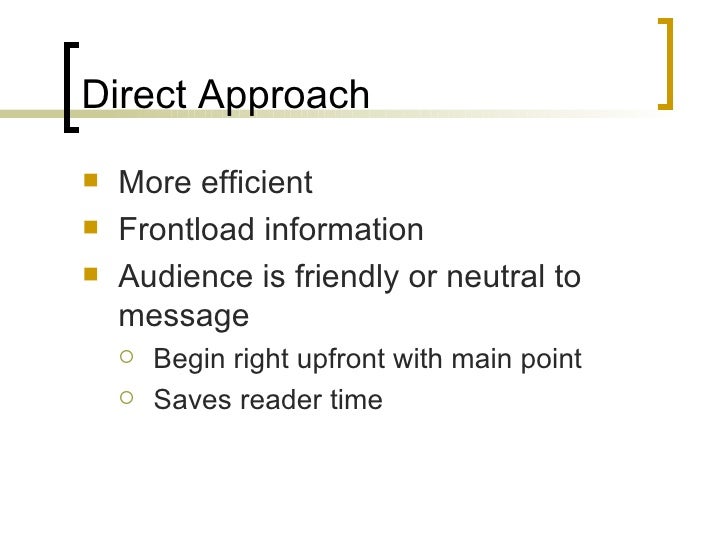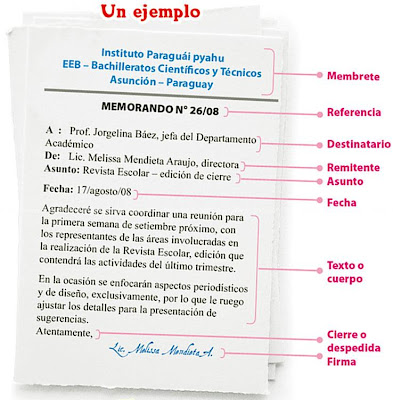

Referendum, plural referendums, not referendaĭata takes a singular verb (like agenda), though strictly a plural no one ever uses “agendum” or “datum.” Memorandum, plural memorandums, not memoranda The Guardian/Observer guide has separate entries for the following -um nouns:
Memoranda plural full#
Note: This style guide does not use periods with e.g., a fact that seems odd to an American: eg no full points. Latinate -um neuter endings that are a part of the language (eg stadium) take an -s plural. The style guide for The Guardian and The Observer states this policy: The plural aquaria may still be common among British speakers, but in the US, the Latinate plural is more likely to be used by scientists and serious aquarists than by non-specialists. Both dialects do retain the plural stadia in the context of Roman history. Considering that both diverged from a form of English spoken 400 years ago in England, they remain remarkably similar.Īs for the plural of nouns in -um, stadiums and aquariums have become the normal plurals in British periodicals as well as in American. Today’s standard British English and standard American English are different dialects. And Queen Elizabeth II does not speak or write the same English that was spoken by King James I. King James I, for whom the first permanent settlement in Virginia was named, would not have understood the English spoken by his predecessor King Alfred. I like to believe that such comments are meant playfully, to get a rise out of the American.įor one thing, the commenter must know that the English language was changing long before there were Americans to speak it. Why do you and your countrymen insist on changing the English language? The plural of aquarium is aquaria, stadium is stadia, etc. If we decide that the possessive of “artist” is singular in the case of multiple proofs by a single engraver and plural in the case of multiple engravers, we are still left with the unclear case when the number of engravers is not specified, i.e., when just using the term “artist’s proofs.” An analogous situation might arise with a term like “baker’s dozen” but not with normal possessives like “manufacturers’ coupons.Every so often I receive a comment like this one: I think we would also say “artist’s proofs by the two engravers Combet and Haley” (referring to several proofs by each engraver), because we are using the plural of the term of art or unit “artist’s proof,” which is shorthand for “a proof of an engraving by an artist.” Stated differently, adding an “s” to proofs is sufficient to make the term of art “artist’s proofs” plural, and we don’t need to use the plural of the first term as well when two different engravers are involved, since we are still just referring to multiple examples of the term of art “artist’s proof.” We should distinguish this case from the use of “artist” as a normal possessive and not as part of a term of art, in which case we would need to use the plural of the possessive (artists’) when referring to proofs by several artists, but I don’t think we would say “artists’ proofs by the two engravers Combet and Haley” when using “artist’s proofs” as a term of art. How would you handle the plural of a term of art like “artist’s proof,” which itself contains a possessive as the first word, when referring to proofs of multiple artists? It seems clear that we would say “artist’s proofs by the engraver Combet” to refer to several proofs by the single engraver Combet. Some styles allow it, so it’s a legitimate choice, but Chicago prefers the alternatives shown above (see also CMOS 7.13). Switching to regular text for the s is analogous to putting the “s” after a closing quotation mark-as in “yeah”s. But don’t put the s in italics (see CMOS 7.12)-and keep the apostrophe in we’s:Ī chorus of got its, yeahs, and way too enthusiastic woos followed. Another option would be to use italics instead of quotation marks. Though apostrophes normally signal possession or contraction, they’re also good at clarifying the occasional plural that might otherwise be hard to read (as with letters: e.g., two w’s). “You’re using a whole lot of ‘we’s’ here.” For that plural, either rephrase or use an apostrophe (as you’ve done in your question):

That would work for your last set of examples:Ī chorus of “got its,” “yeahs,” and way too enthusiastic “woos” followed.īut it works less well for “we” (mostly because “wes” looks too much like the name Wes). Often you can form the plural of a word used as a word simply by adding an s.


 0 kommentar(er)
0 kommentar(er)
